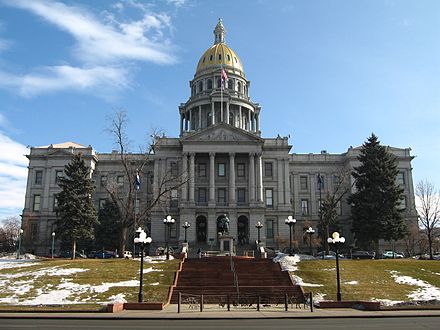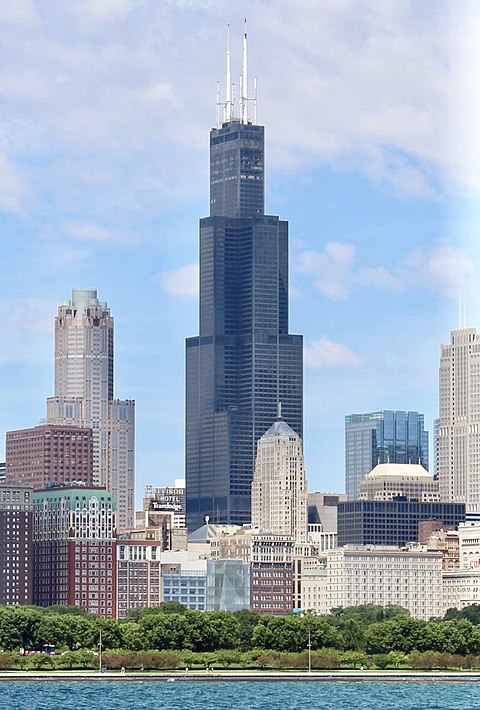Fraternity banned from Pennsylvania for a decade in landmark legal decision
In a legal decision that experts say will likely have a significant impact on America’s Greek system, a judge in Pennsylvania has banned Pi Delta Psi from the state for 10 years as punishment for a hazing death in 2013. Four former fraternity members were also sentenced to jail time.

Chun Hsien Deng, who was a student at Baruch College, died during a brutal hazing ritual known as the “glass ceiling” that involved him being blindfolded in freezing temperatures and assaulted, reportedly representing the plight of Asian-Americans.
The judge found the hazing death deeply disturbing, according to the The Associated Press: “‘Not one person out of 37 picked up a telephone and called an ambulance. I cannot wrap my head around it,” Monroe County President Judge Margherita Patti-Worthington said. “So there’s something greater going on here, and I think it’s probably really prevalent. We see across the country these issues in fraternities.'”
The decision may prove to be landmark because a national fraternity chapter was successfully prosecuted. Pi Delta Psi has two chapters in Pennsylvania, according to Inside Higher Ed, one at Penn State and an inactive one at Carnegie Mellon University. Neither were involved in the hazing that killed Deng. The Pi Delta Psi chapter at Baruch College was immediately shut down following Deng’s death back in 2013.
According to NPR, “The four defendants, all from New York City, were sentenced after pleading guilty to voluntary manslaughter, hindering apprehension and other charges. They had been initially charged with third-degree murder.”
Kenny Kwan received 12 to 24 months, Raymond Lam and Sheldon Wong will serve 10 to 24 months each, while Charles Lai was sentenced to time served — he had spent 342 days in jail because he could not make bail.
According to The New York Times, the fraternity was also sentenced to pay $110,000 in fines, in addition to the ban. The fraternity plans on appealing, arguing that the courts had judged the national organization harshly for only several members’ actions.




